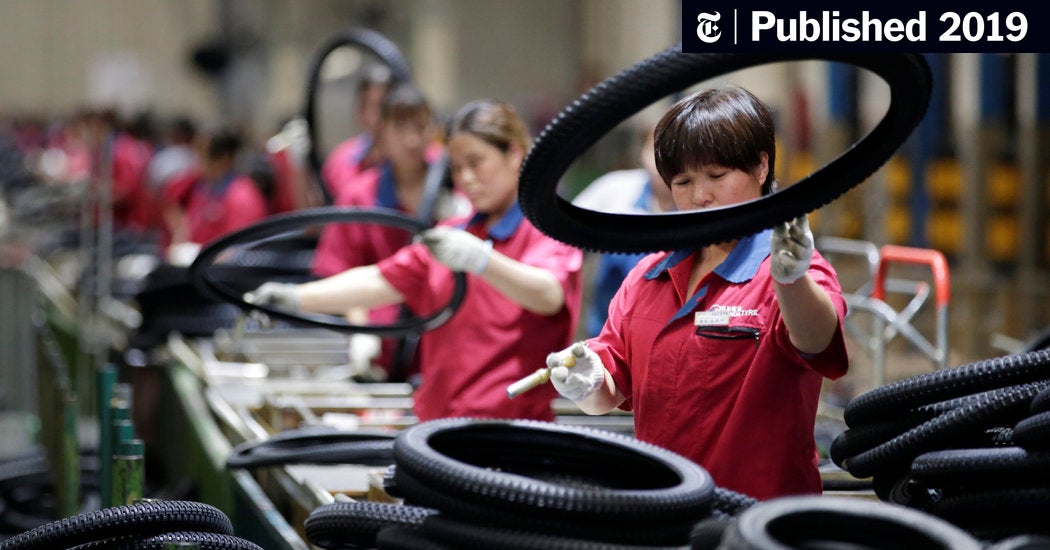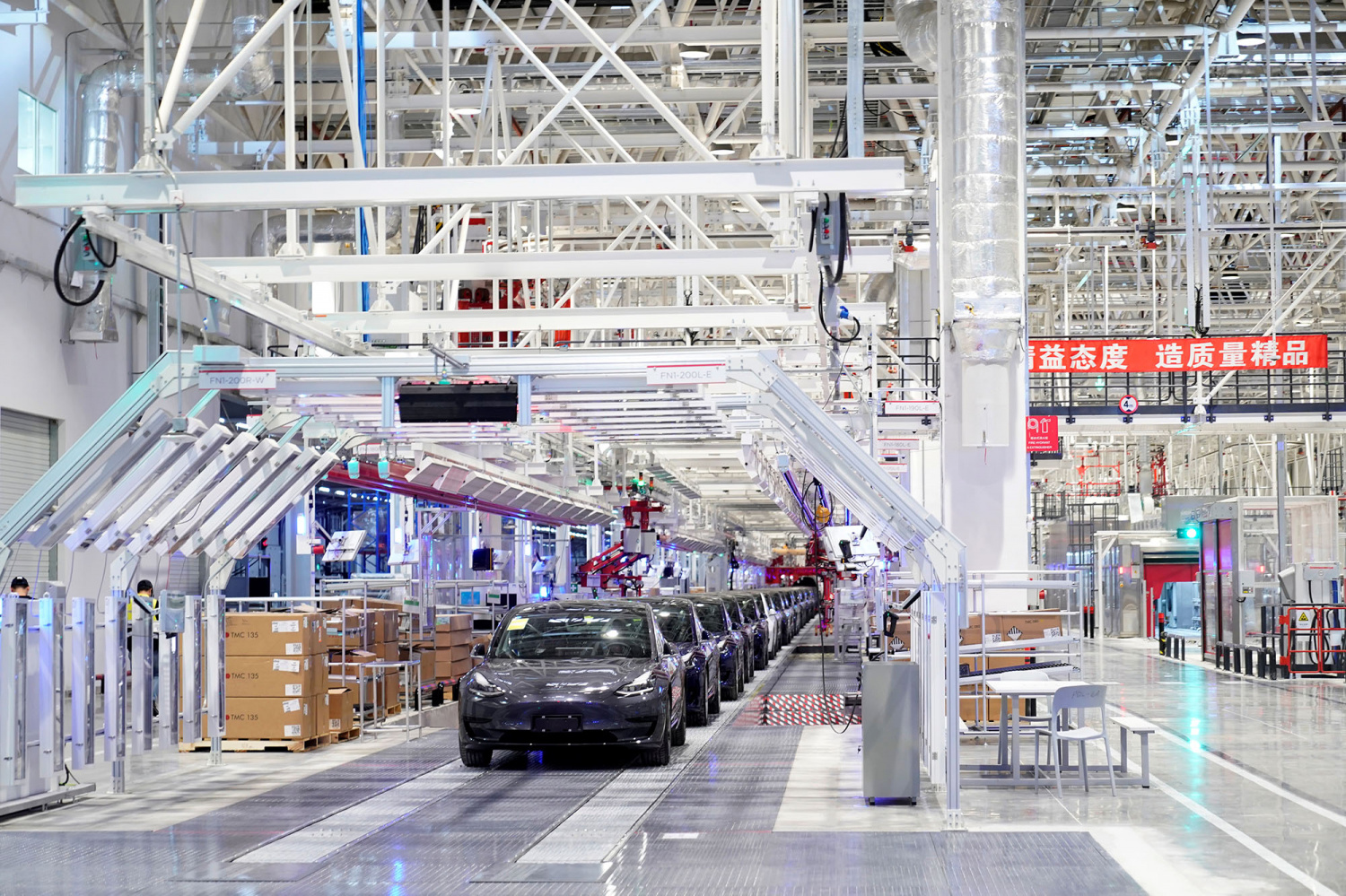Luxury Car Sales In China: The Headwinds Facing BMW And Porsche

Table of Contents
Intensifying Competition in the Chinese Luxury Car Market
The Chinese luxury car market is no longer dominated solely by established international brands. The rise of domestic Chinese luxury automakers presents a formidable challenge to BMW and Porsche. Brands like Hongqi, with its strong nationalistic appeal, Nio, known for its innovative electric vehicles, Li Auto, specializing in extended-range EVs, and BYD, a giant in the broader automotive market, are making significant inroads.
These domestic brands possess several competitive advantages:
- Price: Often offering comparable features at more competitive price points.
- Technology: Rapidly advancing in electric vehicle technology and autonomous driving features, appealing to tech-savvy consumers.
- Features: Tailoring features and options to specifically meet the preferences of the Chinese market.
- Marketing: Employing highly targeted marketing campaigns that resonate deeply with Chinese consumers.
This increased competition is reflected in:
- Increased market share of domestic brands: A clear upward trend in sales figures for Chinese luxury brands is evident.
- Technological advancements in Chinese luxury EVs: Domestic brands are pushing the boundaries of EV technology, exceeding expectations in range, performance, and features.
- Aggressive pricing strategies by Chinese brands: Competitive pricing strategies are eroding the price premium enjoyed by traditional luxury brands.
- Targeted marketing campaigns resonating with Chinese consumers: Effective marketing campaigns are capturing the attention of the target demographic more successfully.
Economic Slowdown and its Impact on Luxury Car Purchases in China
China's economic growth has slowed in recent years, impacting consumer spending across various sectors, including luxury goods. Reduced consumer confidence, coupled with potential job losses and a more cautious economic outlook, directly affects luxury car purchases. While demand remains, price sensitivity among Chinese luxury car buyers has increased significantly.
Key economic indicators reflecting this trend include:
- Real GDP growth in China: A slowing GDP growth rate directly correlates with reduced consumer spending.
- Consumer confidence index: A declining consumer confidence index highlights a less optimistic outlook on future spending.
- Impact of government policies on luxury spending: Government policies aimed at curbing excessive spending can further influence luxury car sales.
- Shift in consumer spending priorities: Consumers are prioritizing essential goods and services over discretionary purchases like luxury cars.
Evolving Consumer Preferences and the Rise of Electric Vehicles (EVs)
The Chinese automotive market is rapidly embracing electric vehicles (EVs). This shift is particularly pronounced in the luxury segment, where younger consumers prioritize technology and sustainability. This presents a significant challenge for BMW and Porsche, who need to accelerate their transition to electric offerings.
The rise of EVs in China is evident in:
- Market share of electric vehicles in China: A substantial and rapidly growing market share of EVs demonstrates the shift in consumer preferences.
- Government incentives for EV adoption: Government support and incentives further accelerate the adoption of electric vehicles.
- Charging infrastructure development: The expanding charging infrastructure makes EV ownership more convenient.
- Technological advancements in Chinese EVs: Domestic brands are leading the way in EV technology, providing innovative features and performance.
- Sustainability concerns among younger consumers: Environmental awareness among younger consumers drives demand for sustainable transportation options.
Supply Chain Disruptions and Geopolitical Factors
Global supply chain challenges, exacerbated by geopolitical uncertainties, pose additional headwinds for luxury car manufacturers operating in China. Chip shortages, logistics bottlenecks, and trade tensions all contribute to production delays and increased costs.
These factors negatively impact luxury car sales in China through:
- Impact of chip shortages: The global chip shortage continues to disrupt production schedules.
- Logistics bottlenecks: Disruptions in logistics and shipping further complicate the supply chain.
- Geopolitical tensions and their influence on trade: Uncertainties in the geopolitical landscape affect trade relationships and supply chains.
- Supply chain diversification strategies: Manufacturers are forced to explore supply chain diversification to mitigate risks.
Conclusion: Navigating the Headwinds in Luxury Car Sales in China
BMW and Porsche face a multifaceted challenge in navigating the complexities of the Chinese luxury car market. Intensifying competition from domestic brands, economic slowdown, evolving consumer preferences favoring EVs, and ongoing supply chain disruptions all contribute to significant headwinds. To maintain their market share, these established brands must adapt their strategies, focusing on product innovation, targeted marketing, and robust supply chain management. Further research into China's luxury car market and the innovative approaches taken by both established and emerging brands is crucial to understanding the future of luxury car sales in China. Understanding these dynamics is key to predicting the future trajectory of the Chinese luxury automobile sector.

Featured Posts
-
 5 Promising Aspects Revealed By Reviews Of Ridley Scotts Apple Tv Show
Apr 25, 2025
5 Promising Aspects Revealed By Reviews Of Ridley Scotts Apple Tv Show
Apr 25, 2025 -
 Analyzing The Krw Usd Exchange Rate After Trumps Currency Manipulation Claims
Apr 25, 2025
Analyzing The Krw Usd Exchange Rate After Trumps Currency Manipulation Claims
Apr 25, 2025 -
 Analyzing The Chinese Auto Market Case Studies Of Bmw And Porsche
Apr 25, 2025
Analyzing The Chinese Auto Market Case Studies Of Bmw And Porsche
Apr 25, 2025 -
 South Korean Won Krw Vs Us Dollar Usd The Impact Of Trumps Statements
Apr 25, 2025
South Korean Won Krw Vs Us Dollar Usd The Impact Of Trumps Statements
Apr 25, 2025 -
 Us Citizenship Interview Leads To Palestinian Students Arrest And Detention
Apr 25, 2025
Us Citizenship Interview Leads To Palestinian Students Arrest And Detention
Apr 25, 2025
